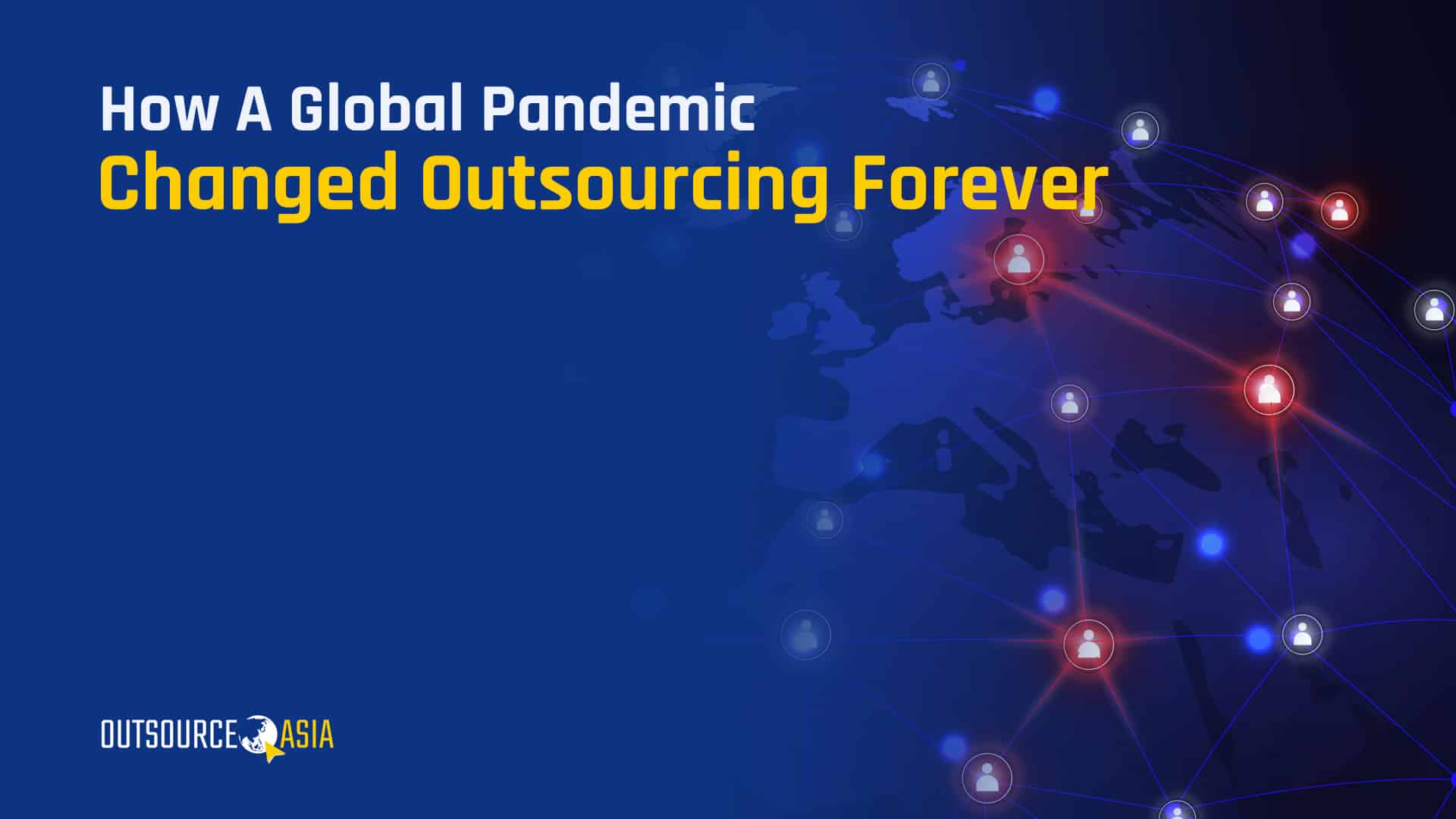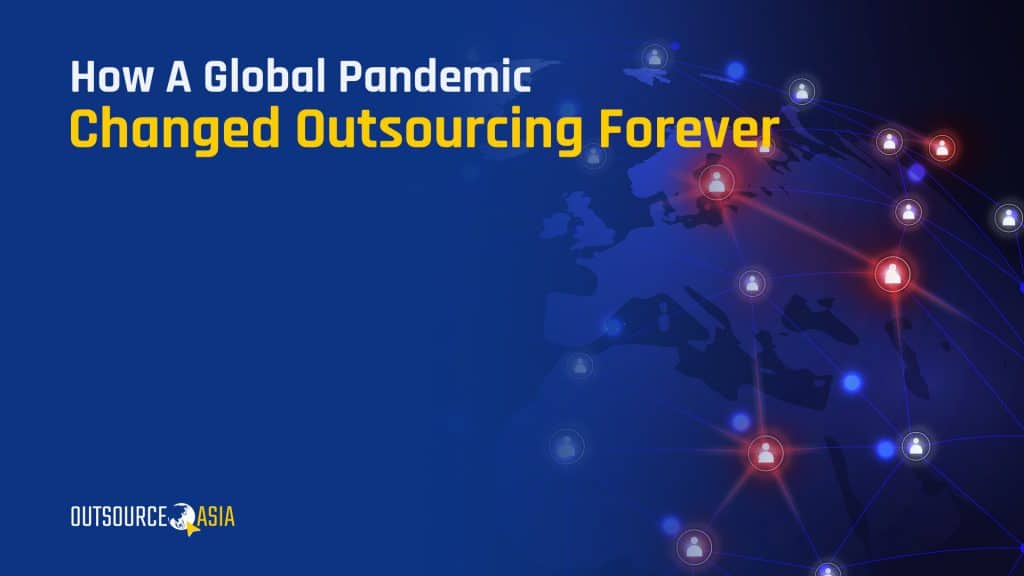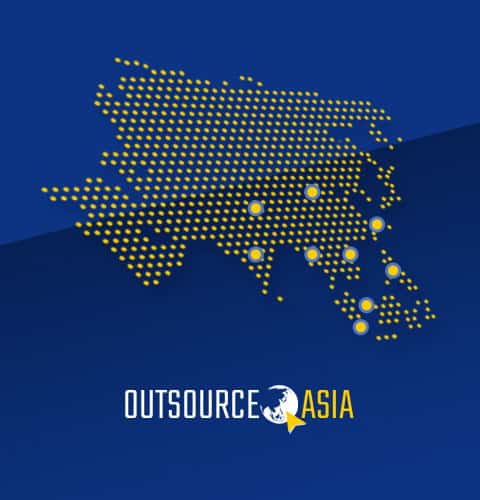
How A Global Pandemic Changed Outsourcing Forever
The global pandemic made it very clear that remote work and outsourcing are no longer optional. In order for companies to survive and thrive in today’s competitive market they must be able to leverage resources from across the globe. COVID-19 or not, business goals are constant: recruit the best talent available, mitigate expenses, improve productivity, and maximize returns. Outsourcing is essential in successfully navigating today’s truly global marketplace. Here are three factors company owners and team leaders should consider when seeking an outsourcing partner to reduce risks and uncertainties while maximizing outsourcing benefits for business growth and success.
Business Continuity Planning
Business continuity planning (BCP) is one of the most critical components of an organization’s crisis management, risk reduction, and disaster recovery strategy. It is a clear blueprint on what to know and how to act during serious disruptions, unpredictable interruptions, and major threats.
Many companies learned the hard way during the COVID-19 outbreak that an actionable BCP strategy is essential to ensure continued operations and productivity, maintain customer trust, and prevent revenue loss or reputation damage. This includes the following considerations:
- Determine which business functions can be outsourced.
- Establish clear remote work policies.
- Enable on-site and/or remote workforce to function without endangering well-being.
- Verify availability of tools, technology, and cybersecurity measures to support work-from-home employees or outsourced workers.
- Document and communicate changes, decisions, and actions.
- Prioritize output goals and assign metrics accordingly.
- Develop remote capacity for professional development.
- Monitor and evaluate the results to key stakeholders that handle the company’s BCP strategy.
Incorporating outsourcing capabilities as part of an organization’s BCP strategy helps remote employees to seamlessly, safely, and cost effectively respond and adjust to system irregularities and fluctuations as well as unpredictable business demands and workforce environment.
The Fourth Industrial Revolution Era (4IR)
The Fourth Industrial Revolution refers to the ‘blurring of boundaries between the physical, digital, and biological worlds’, with technological advancement causing radical and transformative change in ‘the way we live, work and relate to one another’.
In the past, investments in Industry 4.0 Technologies led to greater revenue, cost reduction, and positive societal impact. However, the largest health and economic crisis in recent history has turned the tables on outsourcing and created an imperative for organizations to develop flexibility and resilience, maximize productivity and efficiency, and generate stable revenue growth.
The introduction and subsequent adoption of Industry 4.0 Technologies must be purposefully and strategically combined into the organization’s current policies to produce positive results:
- Cloud Computing
There is greater cloud reliance for outsourcing business functions and managing current and future remote workforce across industries. In fact, 68% of CIOs consider cloud computing a priority, 32% of IT budgets are allocated to cloud services, and there is an 18% increase (from $257 billion to $304 billion) in enterprise cloud expenditure. - Artificial Intelligence
(AI)Organizations that tapped AI solutions before and during the pandemic have benefited from reduced costs, higher ROI, and increased work performance. Earley Information Science (EIS) CEO Seth Earley said AI in 2021 plays a key role in meeting changes for recruitment of top talent, job satisfaction, and employee retention. And though AI will take some jobs, it also opens doors for more work opportunities for remote workers with the right skills and knowledge. - 5G Network
5G network makes smooth transition of the outsourcing sector to 4IR a reality. This creates new use cases and business demands for fast wireless networking; for better and smarter business communications; and, for handling, managing, and utilizing substantial amounts of data. Increased efficiency and reliability in connectivity means an empowered remote workforce whether using coworking spaces, working from home, or on the road. - Internet of Things (IoT)
IoT has the power to revolutionize outsourced service providers and companies through the following: optimizing network-level infrastructures to achieve higher functions; providing accurate analytics for predictive maintenance on systems, machinery, and devices; and, generating valuable business intelligence. This steers organizations to experiencing successful digital transition and outsourcing partnerships. - Big Data
The application of Big Data yields positive impact for the outsourcing industry as it transforms relevant information to meet business objectives while supporting business operations in a flexible and affordable way. Big Data is also responsible for elimination of productivity bottlenecks, improvement of employee attitude and performance, and putting remote workforce in a perpetual state of hyperconnectivity.
Sustainable Outsourcing Partnership
It takes years to build a business but only minutes to lose it if there is lack of foresight and willingness to adapt to the ever-changing global market. Outsourcing is more than just a short-term solution; it is the future of work and the key to business growth and success.
Collaboration with outsourcing companies starts with a proper planning phase, defining clear goals, and choosing the most effective outsourcing partnership model. Outsourced service providers, on the other hand, must provide highly adaptable and scalable options to meet the needs of businesses from wide-ranging industries.
A sustainable outsourcing partnership focuses on the following:
- Customer Experience
Customers demand and expect excellence. Companies must continuously provide solutions to ensure outstanding customer care. Satisfied customers are loyal, eager to share, and guaranteed repeat buyers. Investment in excellent outsourced customer support will boost business visibility and reliability. - Customized Outsourcing
ContractsForewarned is forearmed. Having an outsourcing contract tailored to an organization’s chosen work methodology ensures proper business processes, promotes mutual trust, and protects both parties from undesirable actions toward each other. - The Right Outsourcing Business Partner
The Philippines provides world-class outsourcing services as it is ranked among the top 10 best locations for offshore operations, delivers high quality of customer service work, leverages new technologies, and is one of the only three ASEAN countries with existing data protection laws for strong cybersecurity capabilities for companies in any industry.
Still have questions?
You can always schedule a FREE consultation at any time with one of our Outsourcing Experts about any of your company needs. SIGN UP today.



